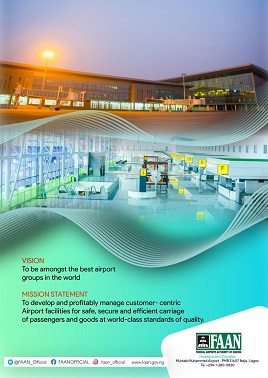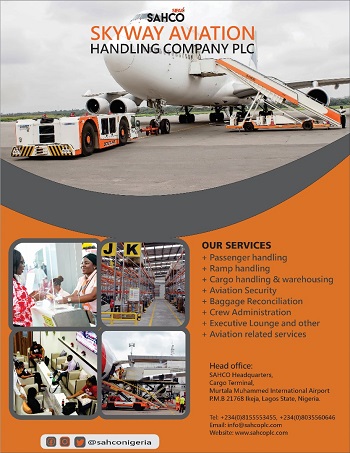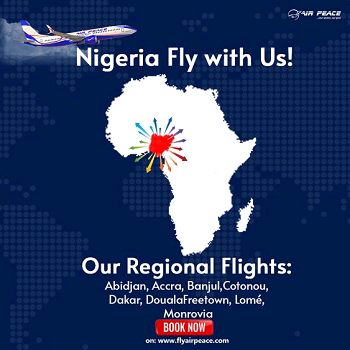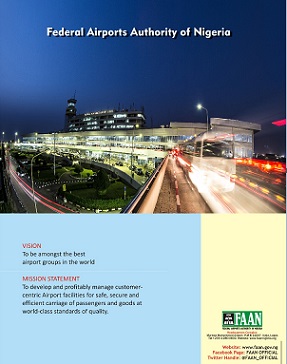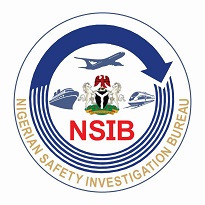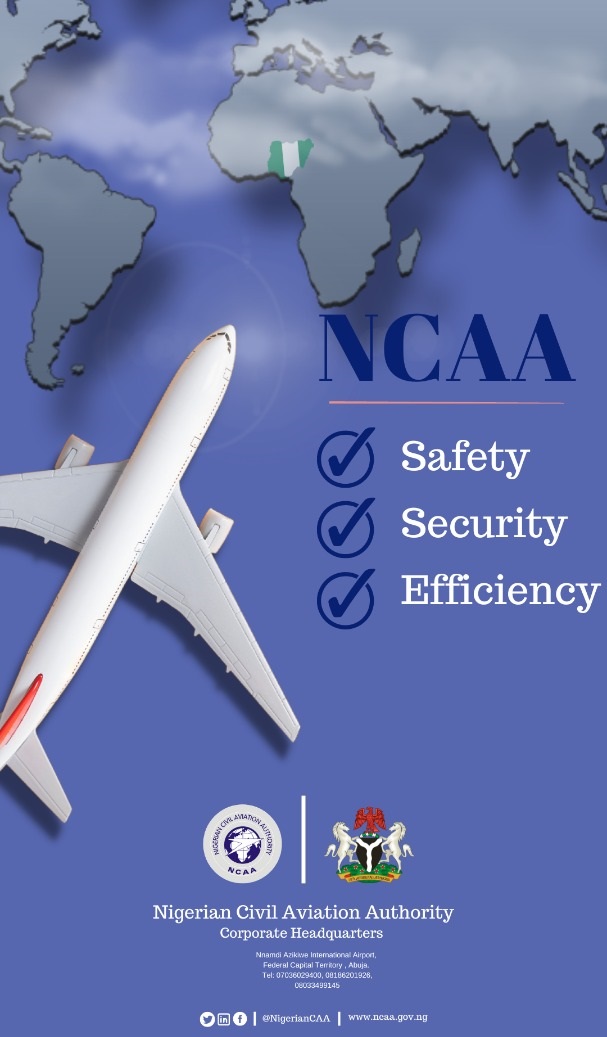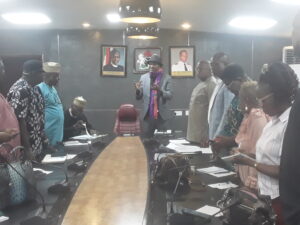
Except the government of Federal Republic of Nigeria relented on efforts at improving on air cargo business in the country, there are indications that Nigeria may become the aviacargo hub in Africa by 2026.
The indication was given on Tuesday during the inauguration of three sub-committees of the AviaCargo Committee Airport Business, held in the conference room of the Managing Director’s office Lagos Annex Office, Federal Airports Authority of Nigeria (FAAN). At present, available data showed that Nigeria ranks 5th in Africa’s air cargo movements while it also imports more than she exports, creating negative balance of trade.
In his speech at the inauguration, Coordinator of the AviaCargo Committee, Mr. Ikechi Uko said Nigeria can move up the ladder of air cargo movements in Africa in less than three years if every stakeholder showed genuine commitment to the idea; considering the leading position of the country as having busy airports, the largest economy and population on the continent.
“We need to be number one in Africa, in a hurry for the simple fact that we have the largest economy in Africa, we have busy airports, we want to be the hub for air cargo movements in Africa
”Kenya is ranked number one in Africa, yet it has a smaller economy, what are we not doing right in Nigeria where we have busier airports?
“We have three years to turn things around but we can do this in 18 months if we are committed . We plan to work with five clusters, what can we do to scale up production, export and distribution in all the clusters. We will work using the Strengths, Weakness, Opportunities and Threats (SWOT) analysis for each of the clusters”, he said.
Uko who however identified some challenges in the project, called for engagement of logistic services providers just as he noted that funding is essential.
“We found out some gaps and that gave rise to setting up these committees. We found out that the quantity of domestic cargo through the airports is too small, we cannot develop a regional cargo hub without having a strong domestic operations. Why are the airlines not taking this seriously,” he said.
The three sub-committees inaugurated on Tuesday are Airport, Cargo and Export sub-committees.
The three sub Committees, according to Uko, have 45 days to deliver results.
The Airport team has the following among others as terms of reference: How to make Nigeria the number one Air Cargo airport in Africa? What are the challenges getting to the Number one (NEEDS assessment) gaps between current and achieving desired outcome.
How to make Lagos and Abuja – attractive as a hub? Review or create Airport Master plan, Airport vision and development strategy.
Establish development Priorities Multitenancy planning expanding none airside business, Freezone Integration and Airport Warehousing. Freezone Integration strategy Warehousing integration.
How do the plans devolve into getting the airports ready for Cargo – additional recommendations.
Scope and Scale of work include: What needs to be done to achieve capacity?How can we scale with existing constraints. What are the benefits in allowing potential end-users to install and regulate standards? How do we identify potential end users? Identify the business opportunities and markets.
Membership includes: Federal Airports Authority of Nigeria (FAAN), Nigeria Civil Aviation Authority (NCAA), Skyway Aviation Handling Company (SAHCO) National CAviation Handling Company (NAHCO), EHI, GWX, PAMOLISA, NEPZA, Airline Operators of Nigeria (AON), Nigeria Customs Service (NCS) and. Mr Elvis Emecheta.
The Export sub-committee’s terms of reference include but not limited to: What do we produce for export? (Complete List). What are the existing markets for Nigerian products? What are the challenges with production? Why do our exports not meet destination requirements? How do we increase production? Industries and Users that can scale the opportunity. Itemize a breakdown of the factors and constraints (emultiple taxation etc.). What are the challenges in transporting the products to the point of export? What are the challenges faced in regulatory framework.? What are the challenges faced by our exports at the destinations (prod. by product) What is the possibility to transform our raw materials currently being exported?.
Scope & Scale of work include: What needs to be done to achieve capacity? How can we scale with existing constraints. What are the benefits in allowing potential end-users to install and regulate standards? How do we identify potential end users? Identify the business opportunities and markets.
Membership includes: FAAN, NCAA, SAHCO, NAHCO, EHI, GWX, PAMOLISA, NEPZA, AON NCS and. Mr Elvis Emecheta.
The Export sub-committee’s terms of reference include but not limited to:
What do we produce for export? (Complete List). What are the existing markets for Nigerian products? What are the challenges with production? Why do our exports not meet destination requirements? How do we increase production? Industries and Users that can scale the opportunity. Itemize a breakdown of the factors and constraints (emultiple taxation etc.). What are the challenges in transporting the products to the point of export? What are the challenges faced in regulatory framework? What are the challenges faced by our exports at the destinations (product by product) What is the possibility to transform our raw materials currently being exported?
The Scope of work includes undertaking research, having stakeholders’ engagement, compilation of study and production of a report.
Membership includes: Capt John Okapu, Nigeria Agricultural Quarantine Service (NAQS), Standard Organisation of Nigeria (SON), National Food and Drug Administration Control (NAFDAC), Nigeria Exporting Process Zone (NEPZA), Cargolux, SAHCO, NAHCO, Insurance, NEPC, Farmer Association and DAD Logistics.
Cargo sub-committee’s terms of reference include but not limited to: Cargo numbers reflect that Nigeria is Number five what is the reasons What are the factors surrounding and limiting the growth in Aviacargo (collate the factors)? Itemize a breakdown of the factors and constraints (ie multiple taxation etc.) .
What is the percentage of impact for each identified factor/constraint? Graph the impacts. Recommend ways to mitigate the constraints.
What is the opportunity for scaling the numbers? Industries and Users that can scale the opportunity. How would the constraints be removed? What are the possible projections if the limitations are removed?Aircargo industry and impacts. List cargo operators both operating in the region and possibility of operating and the route they fly.
Scope of work:
What needs to be done to achieve capacity? How can we scale the hurdle with existing constraints? What are the benefits and detriments in allowing potential end-users install and regulate standards?. How do we identify potential end users?.Identify the business opportunities and markets.
Membership: Cargolux, GWX, Ehi, Pamolisa, SAHCO, NAHCO, ANCLA, NAGAFF, AON, Mr Amos Akpan, DAD Logistics, Customs, NCAA and Mr Elvis Emecheta.
Earlier, the General manager, Business Development, (FAAN),Mr. Hyacinth Nkwu explained that the Managing Director of FAAN, Captain Rabiu Yadudu, decided to champion the development of air cargo by first nominating Ikechi Uko as coordinator of AviaCargo committee to for the takeoff of the process.


